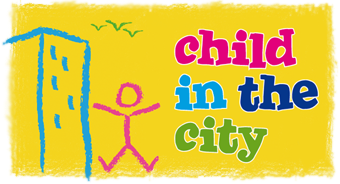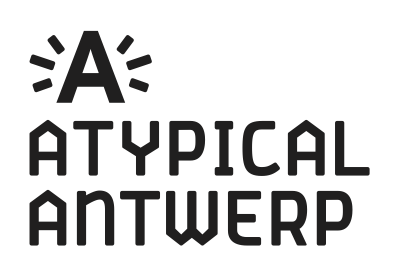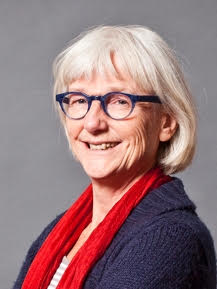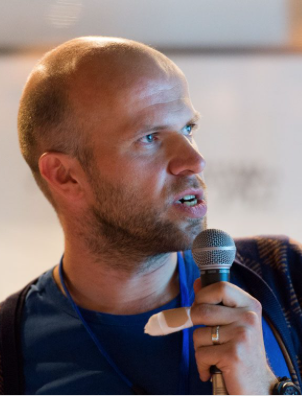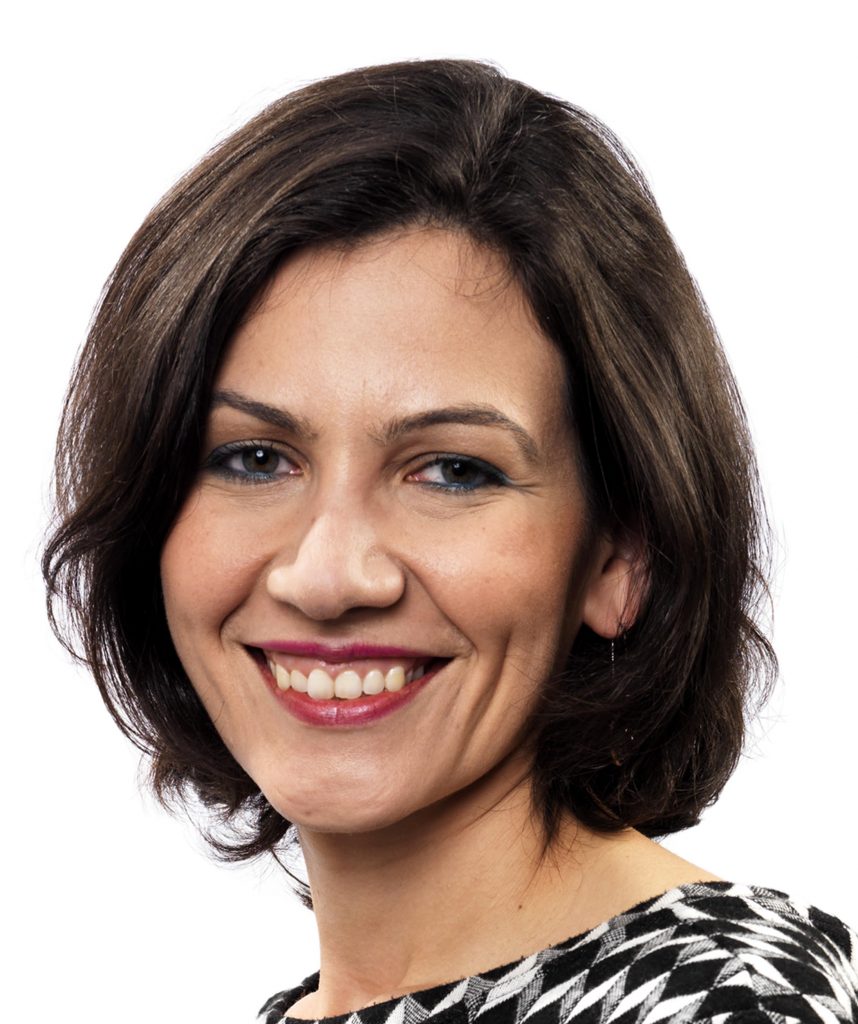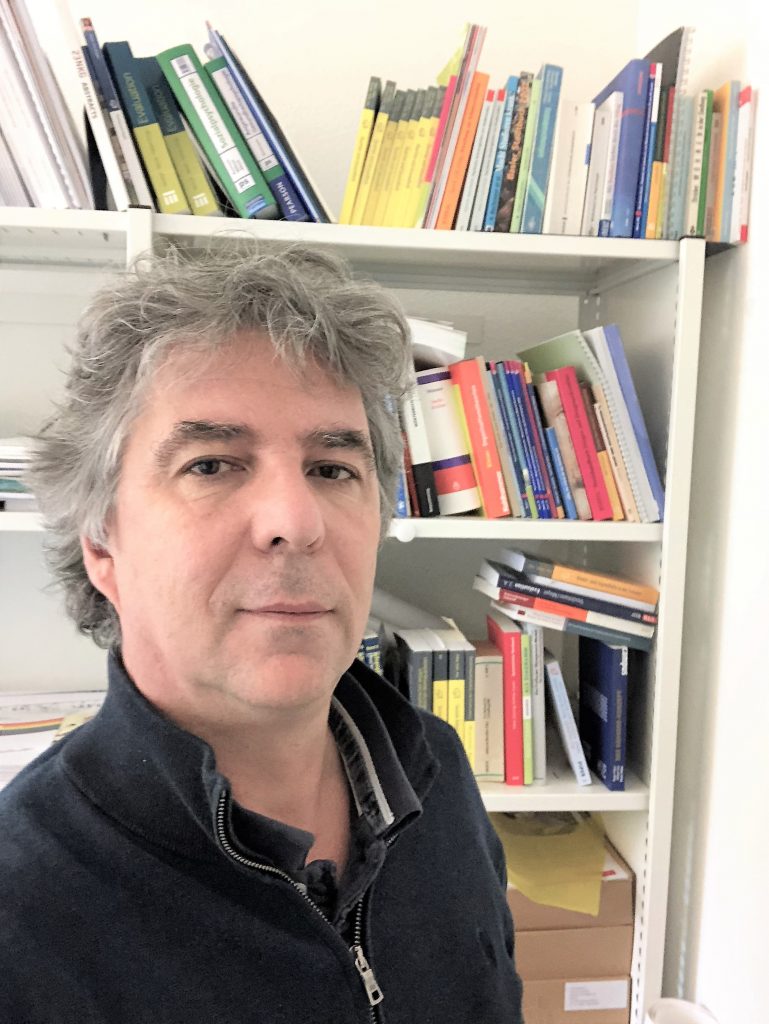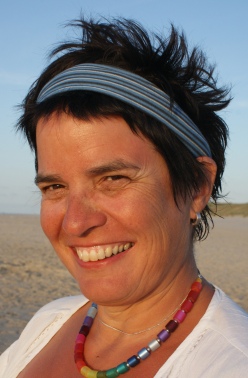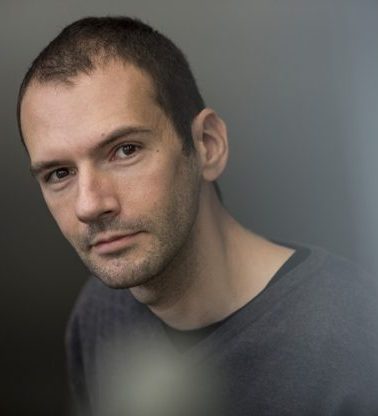Welcome to the third Child in the City International Seminar which took place in Antwerpen, Belgium on 20-21 May 2019. The main theme of this seminar was Children in the sustainable city. This was a joint project of the Child in the City Foundation and the City of Antwerp.
The Child in the City International Seminar’s bringing together experts and policymakers from different relevant fields around a specific theme of the child-friendly city agenda.
The Child in the City International Seminar are tailored to the specific needs of a city and therefore focused on one specific theme.
MAIN THEME
The main theme of this international seminar is Children in the sustainable city.
Children are constructed as both the future at risk and the future solution for sustainable living. Cities all over the world are developing policies to make the urban environment more sustainable. At the same time global initiatives to make cities more child-friendly are increasingly important. We think this is the strategic moment to integrate sustainability with child-friendliness. Building sustainable cities should not only offer technical innovations but has social, economic and ecological dimensions as well.
A broad definition of sustainability should include children in at least two ways. First by designing policies that incorporate children’s needs: making sustainable solutions accessible to children. And secondly by giving children a voice – through educational programs – in creating sustainable policies. The aim of this seminar is to bring together expertise from both the disciplines of sustainability and urban childhood. How can we connect those fields in a way that both strengthens sustainable cities and children’s position in cities?
Within the overall theme of the seminar we want to address the following six subthemes:
- Resilient public space: water and green
- Urban planning: renewal and densification
- Sustainable mobility
- Placemaking and co-creation
- Healthy public space
- Inclusion and participation of children and youth
THE CITY OF ANTWERP
Whatever is on your city-trip checklist, Antwerp can offer it. The city is full of surprising highlights, discover them all during your stay in Antwerp. Locals proudly refer to their city as cosmopolitan with a village atmosphere: you can find everything here, but always within walking, or at least cycling, distance (for which the Antwerp city bikes are available).
In the Antwerp skyline, the Cathedral of Our Lady takes pride of place: it is the highest church spire in the Low Lands and is on the UNESCO World Heritage List. Quite a feat for a building with just one finished spire. A little further up, MAS| Museum aan de Stroom stands out: in this Museum at the River, the most beautiful work of art may well be the view. From the 60-metre high roof top, you can admire the whole city.
The city itself is also easy to reach. If you want a piece of advice: come by train. The majestic Antwerp Central railway station has won many beauty prizes … something that may dull the pain to some extent when the time comes to leave the city.
Scientific Programme Committee
The Scientific Programme Committee for the third Child in the City International Seminar in Antwerp will ensure the review and preparation of a high-quality programme with a variety of speakers:
ABOUT US
Child in the City is an independent foundation. The main objectives of the Child in the City Foundation is to strengthen the position of children in cities, promote and protect their rights and give them space and opportunities to play and enjoy their own social and cultural lives. We do this by providing communications platforms for academics, practitioners and campaigners for children’s rights to disseminate research and good practice.
The foundation observes 5 general guidelines and encourages national and local networks to translate these into specific local policies addressing local points of focus. The general guidelines are an holistic, integral and intergenerational approach; the importance of participation for children and young people; and dynamic trade and continuous challenge.
